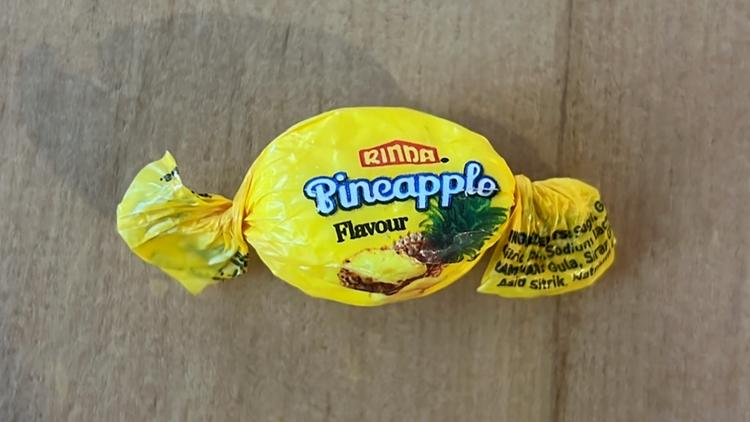Shocking Methamphetamine Disguised as Candy Distributed to Homeless in New Zealand

A charity in Auckland, New Zealand recently made a chilling discovery when it unknowingly handed out candies filled with methamphetamine in food parcels meant for homeless individuals. The sweets were donated by a member of the public and disguised as harmless treats, but were actually solid blocks of the dangerous drug enclosed in candy wrappers.
Auckland City Mission is now on a mission to track down and contact up to 400 people who may have received these deadly candies. New Zealand police have launched a criminal investigation into the matter to uncover the source of the drug-laced sweets.
According to the New Zealand Drug Foundation, the amount of methamphetamine in each candy was up to 300 times the usual dosage and could prove fatal if consumed. Ben Birks Ang, a Foundation spokesperson, explained that disguising drugs as innocent items is a common smuggling technique used across borders, indicating that more of these candies might have been distributed throughout the country.
Each candy had a street value of NZ$ 1,000 ($608), suggesting that the donation was likely accidental rather than an intentional attack. However, eight families, including at least one child, have reported consuming the contaminated candies. Luckily, no one was hospitalized as the awful taste of the drug caused most people to immediately spit them out.
The City Missioner, Helen Robinson, emphasized that the charity’s food bank only accepts donations of commercially-produced food in sealed packaging. The pineapple candies, bearing the label of Malaysian brand Rinda, appeared to be legitimate when they were donated, arriving in a retail-sized bag.
The shocking incident came to light when a client of the food bank reported a “funny-tasting” candy, prompting immediate action from the staff. It is unclear how many methamphetamine-filled candies were distributed over the past six weeks and how many individuals may have unknowingly consumed them.
This devastating news has understandably caused distress among clients of the charity’s addiction service. “To say that we are devastated is an understatement,” Robinson commented, announcing the closure of the food bank for the day.
As of now, there has been no response from Rinda, the Malaysian brand whose label was found on the tainted candies. The investigation is ongoing as authorities work to ensure the safety of those who may have been affected by this dangerous oversight.




